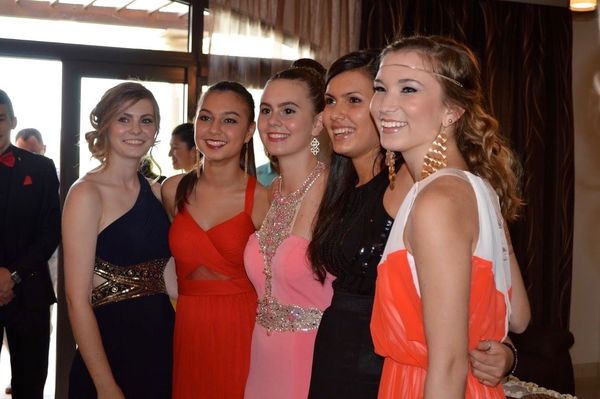You might know her by her Twitter handle, the Elevator Queen.
Maybe you know her from one of the songs written about her, like "Cherie Berry" by Alternative Champs, or "Cherry Berry" by Tha Commissioners.
Cherie Berry, the NC Commissioner of Labor, oversees the Elevator and Amusement Device Bureau. She conducts semi-annual inspections of elevators, escalators, and other similar devices. In 2005, Berry made a rule requiring a placard with the Labor Commissioner's picture displayed in every elevator.
This North Carolina pop culture icon has revolutionized the way that we conceptualize what it means to campaign for office. According to UNC Ph.D. Candidate Jacob Smith's research, published April 14, 2016, the pictures that Berry requires in elevators match David Mayhew's definition of political advertising. Furthermore, Berry makes use of her elevator pictures for her official campaign. Her advertisements are narrated by her elevator picture.
Jacob Smith's research goes on to recognize that. Though Cherie Berry is a conservative Republican from rural Catawba County who does not support having a minimum wage, her performance went up after the implementation of pictures in Orange, Durham and Watauga Counties–all of which are homes of large, relatively liberal universities. Upon further examination, these are the counties with the highest concentration of elevators in the state.
Berry consistently did better than other Republicans in counties with high concentrations of elevators. It seems unlikely that this is a coincidence, and it begs the question: does Cherie Berry run a constant campaign?
Clearly, whether or not she intends to continuously advertise, she is advertising, and she has remarkable success.
In the 2016 election, Hillary Clinton ran a very traditional presidential campaign. There was nothing particularly unconventional or new about it, and there's still question of whether this made her unable to reach new or disenfranchised voters.
By contrast, Donald Trump ran a completely unconventional campaign in many ways. He made mistakes that would have been considered fatal for previous presidential candidates, and yet they seemed only to impassion his supporters anew.
The question is, have we reached the end of the traditional campaign? Hard to say. The interesting part is that political scientists typically are unable to analyze whether or not the campaign matters at all, because if both candidates run the same campaign, it's almost impossible to determine whether it had any effect. It was believed that the 2016 campaign season would help to determine whether the traditional campaign style was still effective, and whether they mattered at all. Interestingly, the unconventional campaign won.
On a more local level, the conservative Cherie Berry wins in liberal counties as a result of a seemingly innocent rule she created. But is it a campaign tactic? Is this another unconventional campaign? Time will tell.



















